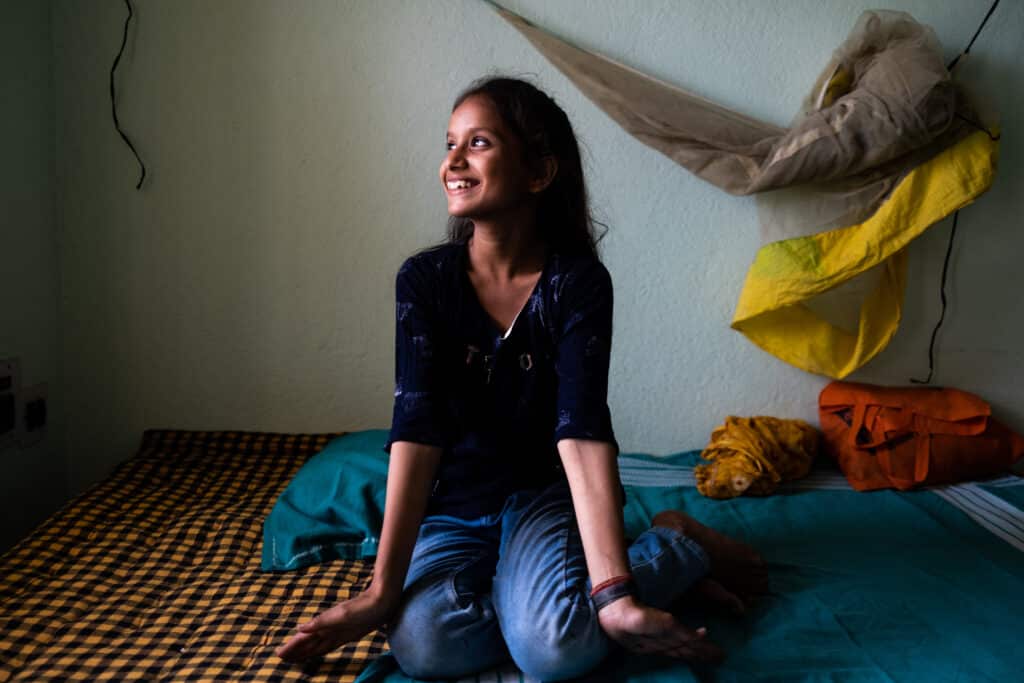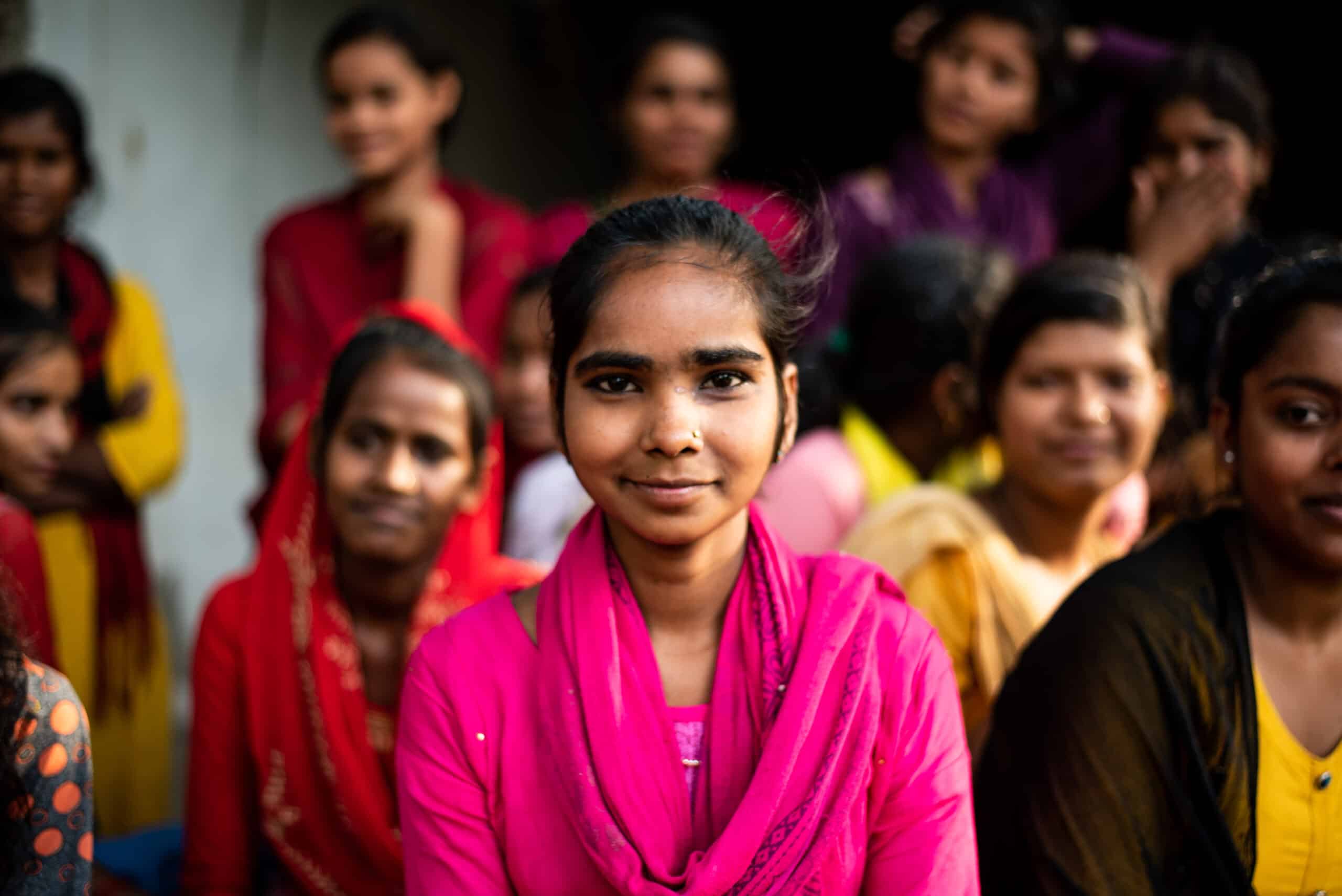Project Title: Adolescent Girls Program
Project Location: Bihar, India
Received: $50,000 from a total project cost of $611,800
100 Women funds will cover training, workshops, material development and a project evaluation.
The Hunger Project Australia’s mission is to end hunger and poverty by pioneering sustainable, grassroots and women-centered strategies and advocating for their widespread adoption across the world. It works across Africa, India and Bangladesh, utilising a gender-focused, community-led development model that empowers individuals within communities to become leaders, with the confidence and capacity to act as agents of their own change.

What is the project that the 100 Women grant will support?
The ‘Adolescent Girls’ project has been designed to disrupt the practice of young girls being forced into early marriage before they are 18. The project is endeavouring to drive intergenerational change by providing at-risk girls with training and education on how to navigate this challenging practice.
The project will be delivered through a series of workshops focused on building skills in communications, negotiation and decision making, along with education on sexual and reproductive health and rights, managing menstrual hygiene, nutrition and healthy lifestyle recommendations, digital literacy and cyber safety.
The project team will work directly with the girls, empowering them at a critical time in their development and helping them to develop agency in making informed decisions about their lives. The project will engage with the girls’ families in addition to local schools, healthcare centres and government to ensure holistic support for the project’s objectives.
Who is the project for? Who else will benefit?
1,400 young girls in the Bihar region will engage directly with the project. It is estimated that a further 7,000 individuals in the wider community (families, schools, health care centres and local government) will be engaged to support and drive wider cultural change.
Why is the project needed?
The state of Bihar has one of the highest rates of forced child marriage – not just in India, but also the world, with almost half (46%) of girls marrying before the legal age of 18. The practice of forced child marriage is driven by socio-economic factors and is often the result of intersecting inequalities, including but not limited to caste, disability, education and location. Forced child marriage has life-long consequences, including but not limited to increased frequency of school drop-outs, vulnerability to violence and harassment, teen pregnancy and other adverse health outcomes. It forces young girls to prematurely take on adult responsibilities and, by creating barriers to education and other opportunities that may otherwise have improved the livelihood of these individuals, it perpetuates a cycle of poverty and inequality.
What are the planned outcomes for the project?
This project will:
● Decrease the rate of early childhood marriage in Bihar
● Increase the numbers of girls saying ‘no’ to childhood marriage
● Increase the number of girls staying in school
● Increase the number of girls completing their education
● Increase the leadership capacity of the participants
● Increase the number of safe spaces for girls via Social Girls Clubs in place across schools
● Improve overall advocacy for girls rights and improve awareness and understanding of this issue.


